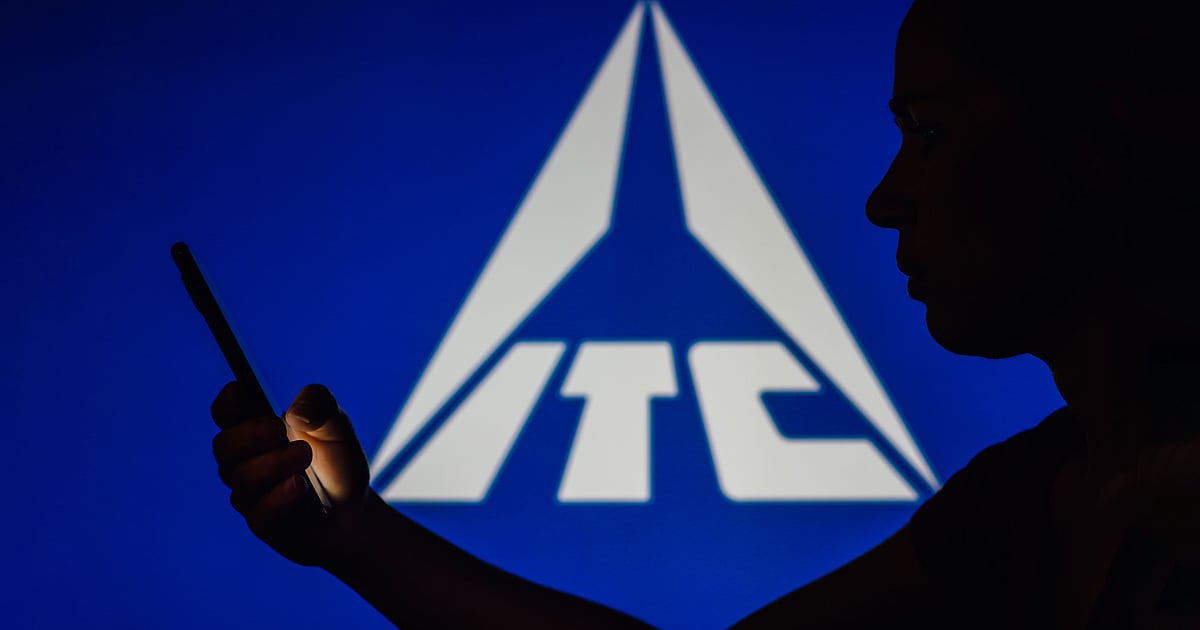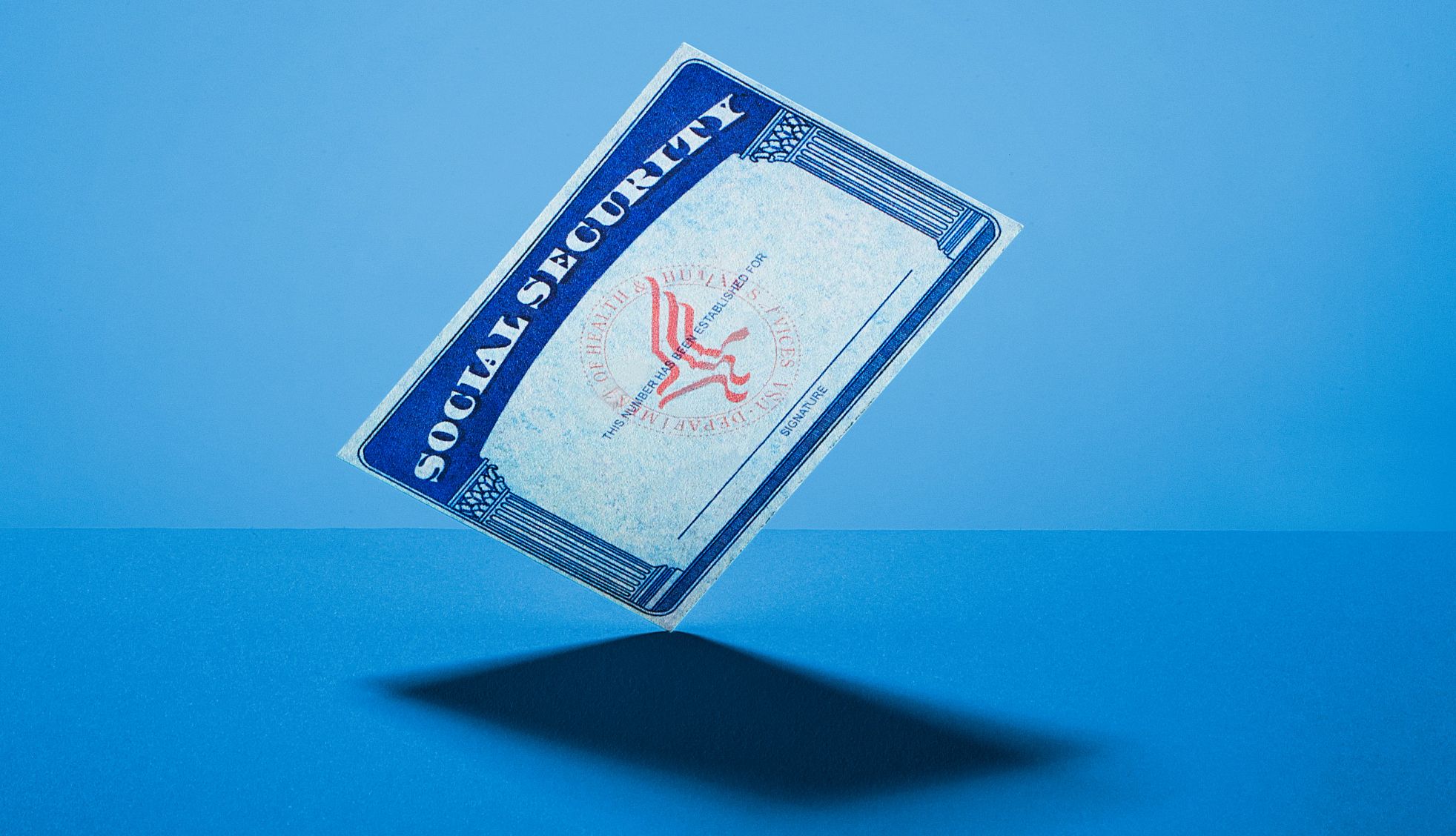
- Select a language for the TTS:
- UK English Female
- UK English Male
- US English Female
- US English Male
- Australian Female
- Australian Male
- Language selected: (auto detect) - EN
Play all audios:
IMPACT alum Vernon-James Riley says the approach works. “Every day, I hear an inner voice that reminds me that I have the ability to be an agent of change and transformation wherever I go,”
says Riley, who spurned offers to attend law and business school after graduating from Yale to become a teacher; he has since earned two masters degrees and serves as an acting principal of
a Newark, N.J., high school. A protected refuge and safe space are central to IMPACT’s mission; their absence for many children — and another child’s death by gunfire — convinced Joseph to
make IMPACT his encore career. In 2003, a teenage girl died after an accidental shooting. When Joseph brought it up in workshop, two girls said they knew the victim. Another girl knew the
shooter. “I had no idea it was that close to home,” says Joseph. He asked the kids how many had ever heard gunshots. Nearly all said they had. “I realized then that this was not a hobby,”
Joseph says. “This was a mission. It wasn’t just feel-good work or artistic-enrichment work. We were on the frontlines of a war, and this was life and death. I had to equip these kids with
some skills that would save their lives.” Joseph understands the struggle. As a teen, he was picked on for being smart, and he learned to defend himself against bullies. He had encounters
with the police, including the night of Rev. Dr. Martin Luther King, Jr.’ s assassination, when Harlem’s 125th Street was thronged with angry protestors. “I hadn’t been in the middle of
something that intense before,” he says. He was 15 years old. The country mourned and simmered. So did Joseph. That summer, he saw news reports of Black Panthers standing up to the police.
“The Panthers felt like they were taking on the biggest bullies of the block, the cops and the U.S. government,” he says. “I was all for fighting bullies.” Through word-of-mouth, he made his
way to a Panthers meeting in Brooklyn expecting to be armed with a gun. Instead, Joseph was handed the “secret weapon of the revolution”: a stack of books, including “The Autobiography of
Malcolm X” and “Quotations of Chairman Mao Zedong.” Joseph’s training went beyond learning to use a weapon. “Your career wasn’t just being mad,” he says. “Most of your day in the Panthers
was social service. We were saying, the system is exploiting people, and there’s no reason for this kind of poverty and neglect.” After less than a year with the Panthers, Joseph was
arrested and held for 11 months on Riker’s Island. (He was acquitted.) Arrested again in 1982, Joseph was sent to prison in Leavenworth, Kan., on a conviction related to hiding individuals
implicated in the Brink’s armored car robbery. In Leavenworth, Joseph wrote poetry and plays. He earned a B.A. summa cum laude from the University of Kansas and led theater productions that
united members of opposing prison factions. “I began to understand that you could use the creative arts for social change,” he says.







